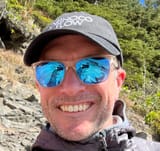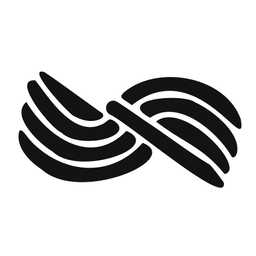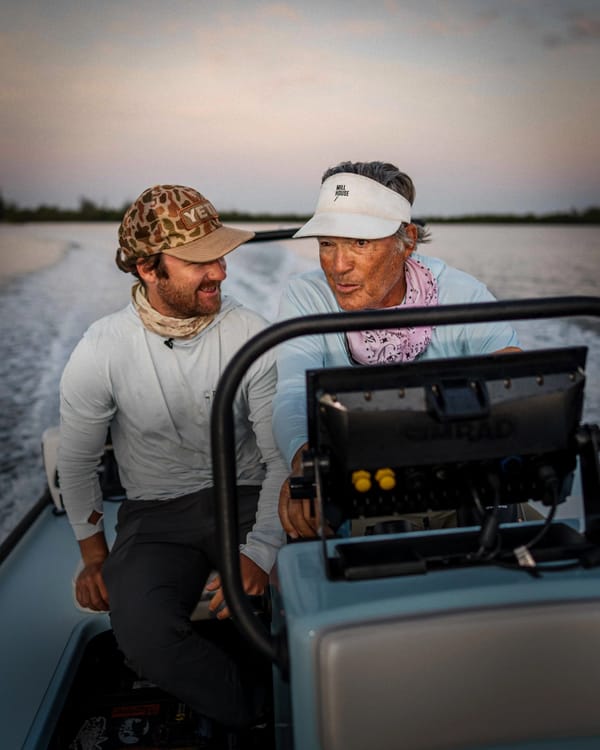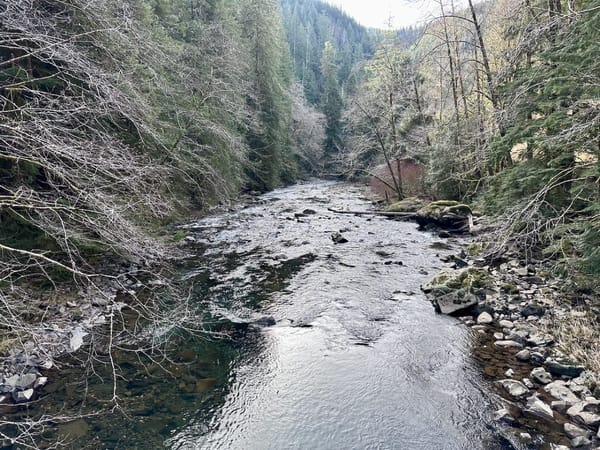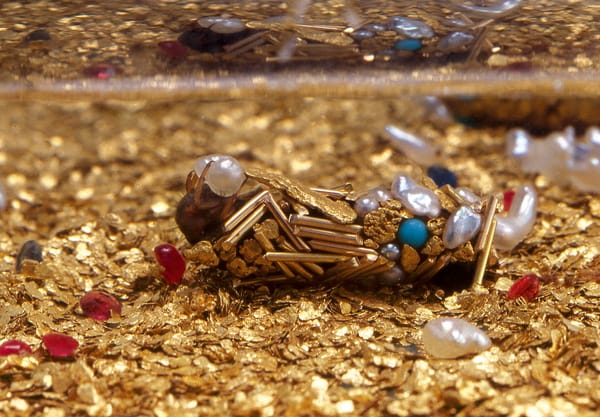CFSQ&A: What I Wish I'd Known Before My First Guided Float in Montana
Impressions, insights, and lessons-learned when an Intro to Fly Fishing alum takes her first guided float trip in Montana.
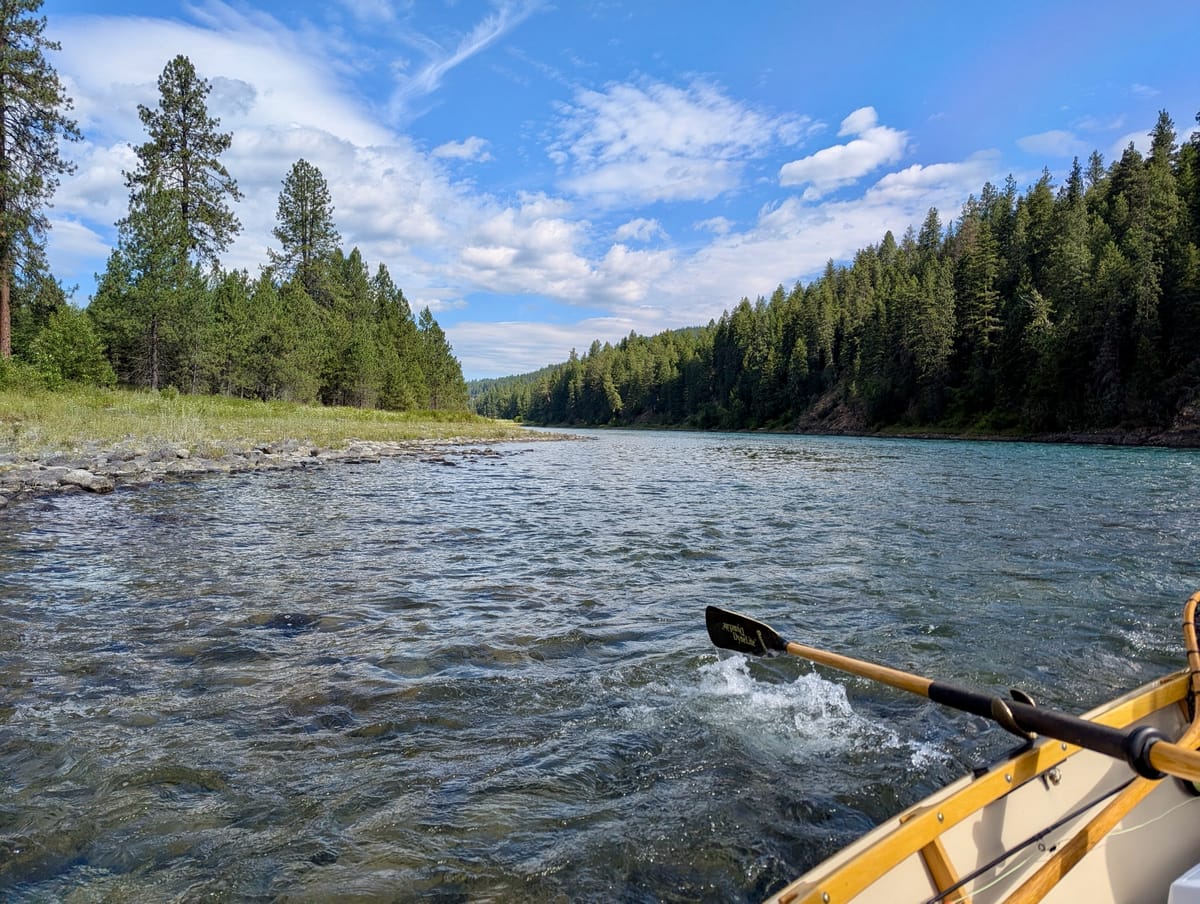
Celeste took the summer Intro to Fly Fishing class in part to help prepare for her upcoming family vacation to Montana. After the trip was over, I wanted to check in and see how it went, and how prepared she felt.
For a lot of folks, their first guide trip can be a pretty intimidating thing. It's hard to know what to expect. But guess what? Celeste had a blast.
Read on to find out how it went, what she learned, and her biggest tips for someone who's new to fly fishing but is considering going out with a guide for a day or two.
Our conversation has been edited and condensed for clarity.
CFS: Tell us about the trip!
Celeste: We were in Troy, Montana—there are maybe 900 people in the town. Libby is the next closest town. We stayed at the Kootenai River Outfitters, which did our guiding. There were eight of us in this big cabin. And the plan was each day two of us would go out with a guide over the five days, rotating who went out each day.
CFS: How many times did you get to fish?
Celeste: I did two days. My first day I definitely had this magical beginner's luck. It was great. I had some skills I'd picked up along the way, and the guide was impressed with what I brought to the boat, even though I'd never been out in a boat before.
But by the second time I went out, my wrist was tired because you're out there casting constantly. The guide was like, "You didn't pay 500 bucks a day to sit here and look at the scenery, so get out there and fish." I found myself wanting to look up and enjoy the scenery, but also wanting to fish. By the second day I had developed some bad casting habits. I was doing something weird with my wrist, turning it. I think it was just fatigue. I wanted almost a third day really. To take what I learned the first day, what I could feel myself needing to correct on the second day, and then put my skills to work.
A view full of opportunity: Getting ready to launch the drift boat | 📹 via Celeste
CFS: What was the guide like?
Celeste: I got a conservation mindset from the guide. He kept saying his goal, and many fly fishermen's goal, is not to love a river to death. I thought that was a really cool way to put it.
He was very gentle but stern. He was an educator. He recently retired from a job as a guidance counselor at middle and high school levels in rural Montana for 28 years. He was a master of patience, which he said is definitely the key. He said the guide who trained him is a great guide, wonderful boatman, but not as patient with novice fly fishermen.
CFS: What was it like to be guided?
Celeste: He helped me with mantras. I was in the front seat for the first day, which I highly recommend for new people. The front is definitely easier. Being in the front was great because he could watch me the whole time. It was great to have literally constant feedback: "You're turning your wrist," "Watch your backcast," "Come back, stop it a little sooner, get a little more speed."
What surprised me was that I was able, as a total novice, to follow his guidance and actually cast exactly where he told me to. He'd say, "I want you to cast it right here where the edge of the water changes color, where that green changes into blue," and I could do it. Whether that was my skill or his teaching or the perfect combination of both, it was very rewarding.
I was surprised to learn the diversity of the skills that you use in each specific moment within fly fishing. You can't really see that until you're in it because it's actually really overwhelming. He would change flies based on the water we were in and the fish we saw rising. We did targeted dry fly casting, which was hard, but cool and felt really different than other dry fly casting. We did dry fly with a nymph, wet fly casting, and using a leech pattern. He really used the river as an opportunity to teach us when we might use one technique in a certain moment.
I was amazed by the targeted dry fly casting. We went to this spot called (Redacted. Sorry y'all!). Two days in a row we caught the biggest rainbows of the trip there using targeted dry flies. The way they took the fly, because we matched the hatch and everything was perfect, was amazing. These were the tiniest flies, but we were catching the biggest fish.
RSVP today for our next Read By the River virtual book club on August 27th. Find out more on our book selection, and what to expect:
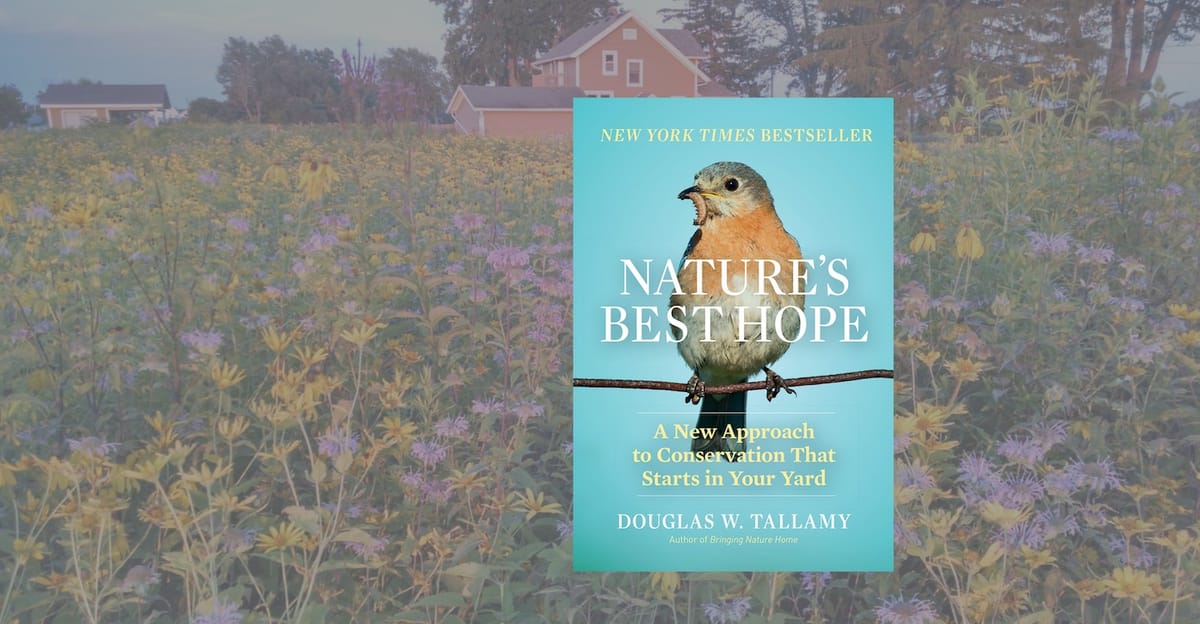
CFS: Did you work on any specific skills?
Celeste: I went in excited to catch some fish because of what I'd learned in your class. I'd gone out a little bit on my own but hadn't caught anything. So I wanted that endorphin rush you need when you're early in a craft. My very first fish was a tagged fish that had traveled 25 miles up the river from Idaho. The guide checked where that fish came from, that was pretty cool.
My biggest struggle, which I've always had, and kind of got in my head about, is my confidence in setting the hook. That was where I failed. The first day he was watching and would tell me every time. The second day he was making me do it and figure it out on my own. I missed quite a few. I either wasn't confident that was a fish, or I was coming too late. He's like, "If you're not confident, set it. You're not going to hurt anything."
That was tricky for me and got frustrating. I was having a hard time. More on the nymph than the dry fly because I could see the dry fly better. Sometimes the glare was so bad I couldn't see my fly at all. I felt pressure to perform for the guide, and the second day I could tell he was getting a little frustrated with me. He kept saying, "Celeste, that wrist is making me a little nervous." But he never lost patience.
Setting the hook was definitely my biggest challenge. But the trip was the perfect opportunity to work on it because I had so much exposure. Hit after hit that I could just keep practicing.
CFS: What were his mantras?
Celeste: His casting mantra was "Hello...it's for you." Imagine answering the phone. There's "Hello," then a pause, then "it's for you" as you hand the receiver to somebody. You hand the receiver out with a little pause in between.
For setting the hook, he would say "Hook...up!" Encourage us to do it in a two-step process. "Hook," and then "up," with a hesitation in between. Watch it, grab the hook, and then up. If you leave too much of a pause, the fish quickly learns it's not real food and spits it out, especially with barbless hooks.
I had to keep saying those to myself regularly because once I was in a drift, I'm like, "Don't zone out." You have to pay attention the whole time.
CFS: Did you fish on the days you didn't float?
Celeste: We fished off the property we were staying on. We just practiced our casting. I didn't get to go far out and do more fishing, but honestly, I was tired. I kind of needed to rest. I was grateful I had that day in between. As a novice, I wouldn't have wanted to go out two days in a row.
You're in full sun exposure with no shade except for the occasional bank. It's definitely physically grueling for the guide. They're not doing any fishing, but they're positioning the boat constantly, rowing and maneuvering, trying to match our drift and hold our speed while having two people successfully fish at the same time. This guy was 63 and had just run his first half marathon. He said he's in the best shape of his life from rowing the boat.
CFS: What was your biggest revelation?
Celeste: Truly the complexity of the sport. I kept thinking of Othello, that board game—the tagline was "A minute to learn, a lifetime to master."
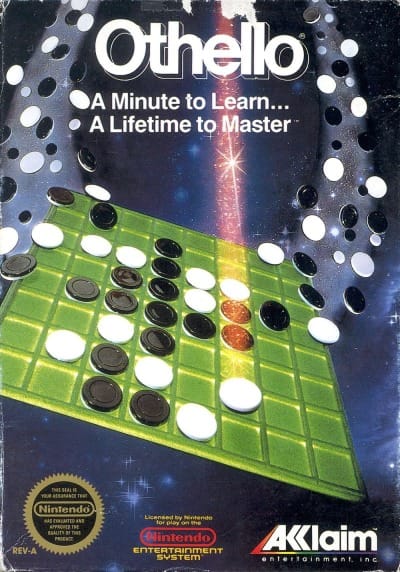
The concept is simple: You have this fly on your hook that looks like a fly in nature, you throw it in the water, and you catch fish. But all of the natural science can't be studied in books. It has to be learned on the river, in the moment. I was very delighted and surprised by that. Nothing was boring about drifting in this boat for eight hours. It happened so quickly, yet I enjoyed the expanse of the whole day.
CFS: What do you wish you knew beforehand?
Celeste: I felt pretty well prepared. He definitely complimented me on my casting skills, so thank you. I have you to thank for that. It was nerve-wracking when I got in the boat and he said, "For the first 30-45 minutes, just show me what I'm working with." But after the first five minutes, he's like, "Oh yeah, I can work with this. This is great." That built my confidence.
I wish I had gone in with a little more confidence. That's something I've struggled with much of my life. He was so patient and kind and fine with whatever I was doing. I wish I could have had a few more days of actual casting on the water so I could do so with more confidence initially. I kind of got worse the second day. I was more confident in my casting but less confident in hook setting.
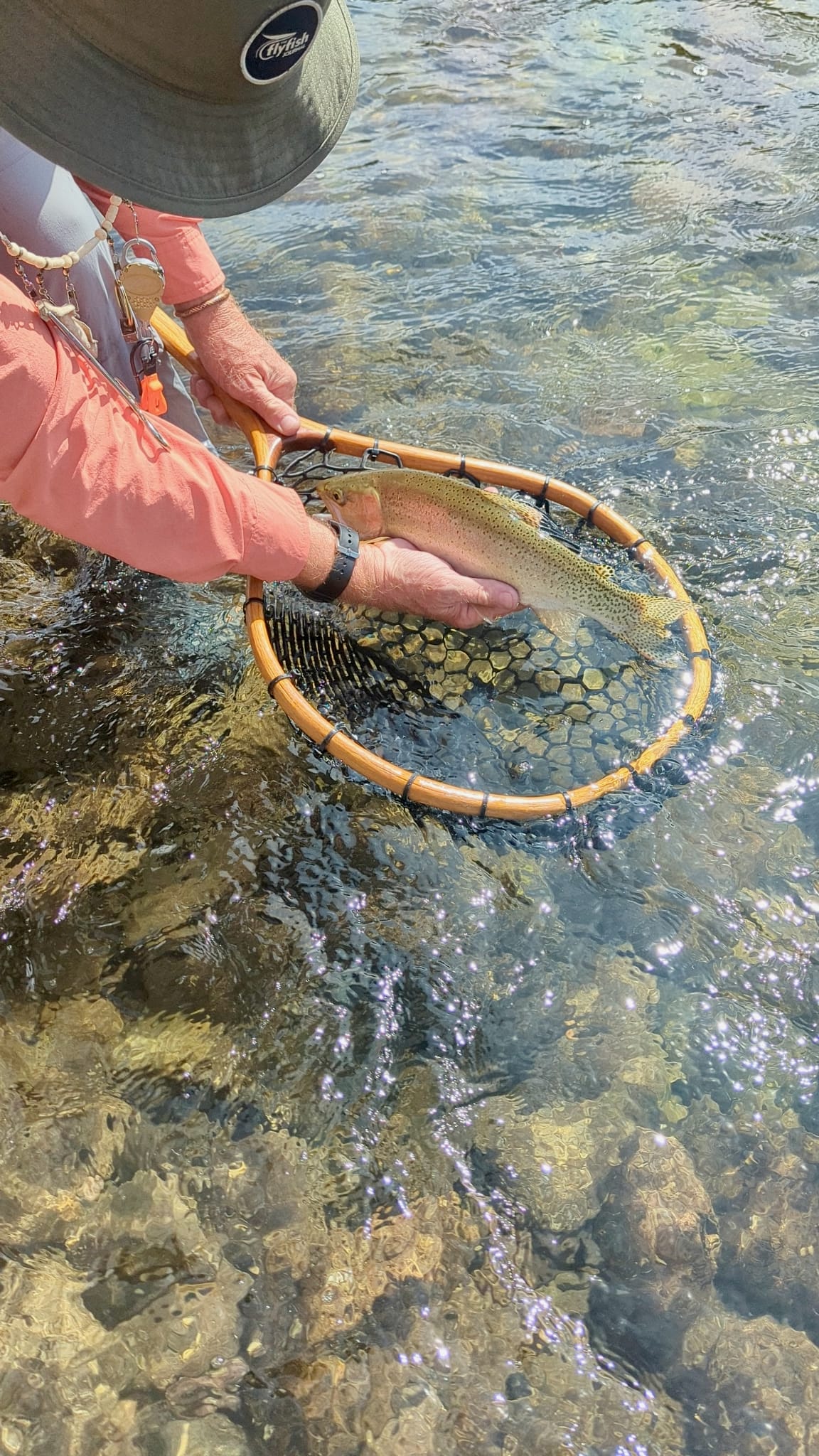
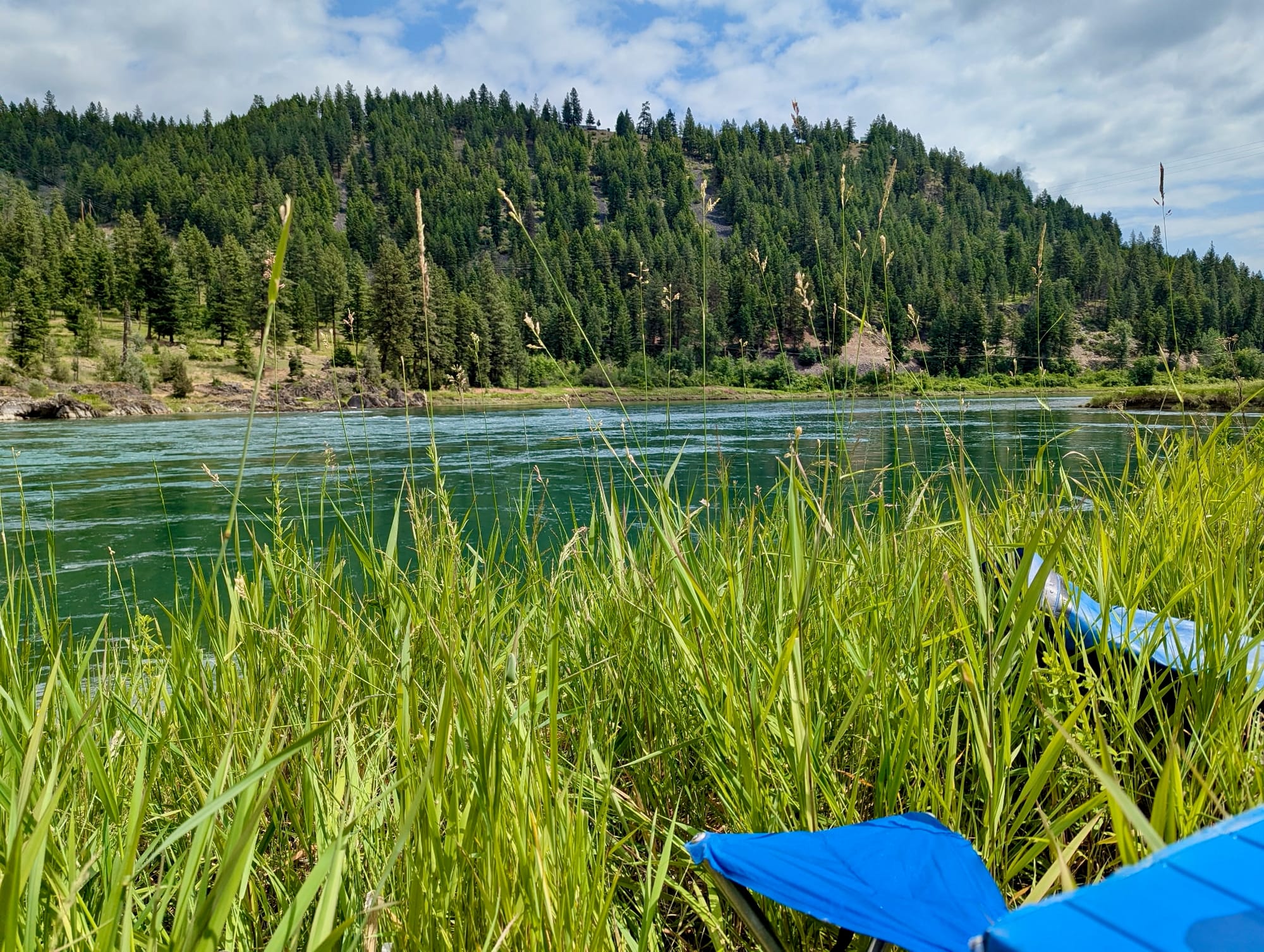
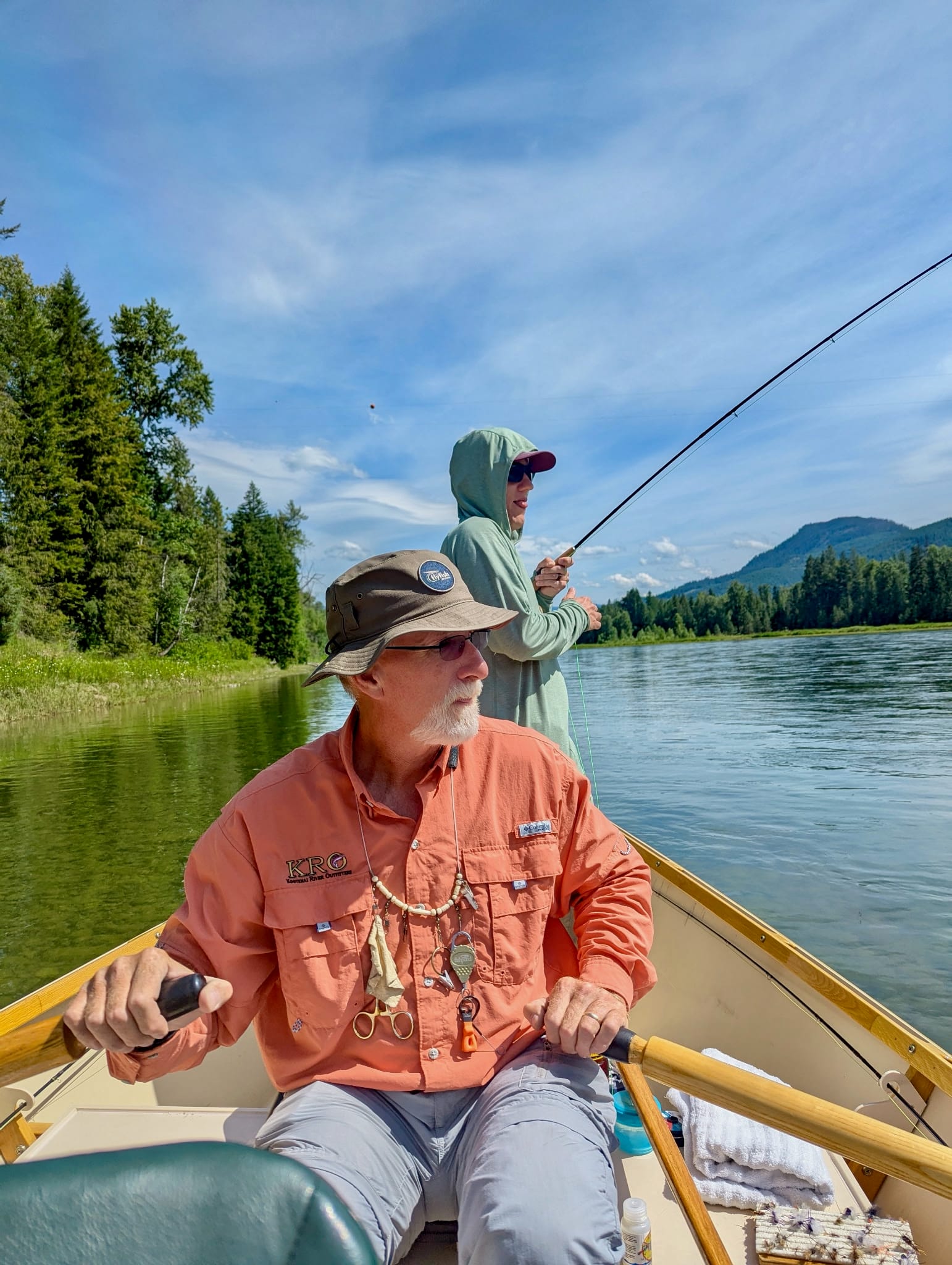
More moments from the trip | 📷 via Celeste
CFS: What were your favorite moments?
Celeste: We saw so much wildlife: Mink, deer, geese, kingfishers, toads, osprey with fish flying over us multiple times, bald eagles.
But my favorite moment was at that (redacted) hole when I wasn't fishing. Because it was such a clear, small spot, he had us fish it one at a time. I could watch my fishing partner. He was also a novice, and I could see the fish and the fly and watch it so closely. And it was really informational because I could see everything as an observer.
I could actually see the fish rise up and grab the fly. I got excited and was like, "Set it! Set it!" He landed that biggest fish—a 17-inch rainbow trout. We had to maneuver the boat to get the fish in. The guide said, "Sadly, we're going to have to give this fish a new zip code."
It was very rewarding to watch and see the whole process. You think what's going to be exciting is you catching all the fish, but it was actually equally exciting to watch other people catch fish.
You think what's going to be exciting is you catching all the fish, but it was actually equally exciting to watch other people catch fish.
CFS: What advice would you give someone thinking about their first guide trip?
Celeste: Definitely talk to the guides. I wouldn't say you want the best guide necessarily. But you want a guide who's patient with new people. That patience component made me feel so much more comfortable. Having someone who's patient versus someone who's just a pro fisherman was key.
If you go on a destination trip, I think giving yourself a day in between is important. Rather than go out and suffer, pace yourself. Because it is exhausting. You think you're just standing in a boat, and fly fishing doesn't seem like that physical of a sport, but you have to realize what eight hours of repeated activity does to your body in the sunshine.
The guides work hard. The guide told us the only time he ever went in early was because a guy was on oxygen and said, "I'm sorry to tell you this, but I think I'm going to run out of oxygen before the end of our trip." That's the only time he's ever cut a trip short.
I went in with an excited attitude. I would have been hard-pressed to be disappointed. It was so dialed in. He pulled over on the side of the river and set up this little collapsible table and camping stools. We had lunch right on the side of the river with nobody else around.
It is something worthwhile even doing once a year or once every two years, budget allowing. Because it was such an opportunity to fish so many different places at once and hone your skills. Wading, how many different types of places can you hit in one morning or afternoon? We hit probably 24 to 30 different spots. It was constant.
CFS: Any final thoughts?
Celeste: I feel way more confident now. It's something I can go out much more confidently on my own, having that real extended field experience.
My partner's son came back totally stoked. He was listening to fly-tying videos the entire car ride home, for like six hours. and every day since after he comes home from camp, he's been sitting in the garage tying flies for hours. I set him up a little workspace with a C-clamp vise and all the tools. He's made some successes and failures, but he's tied like a dozen flies so far and he's loving it. It's neat coming home having the kid catch the bug for fly-tying and fishing. You want to indulge that as much as possible.
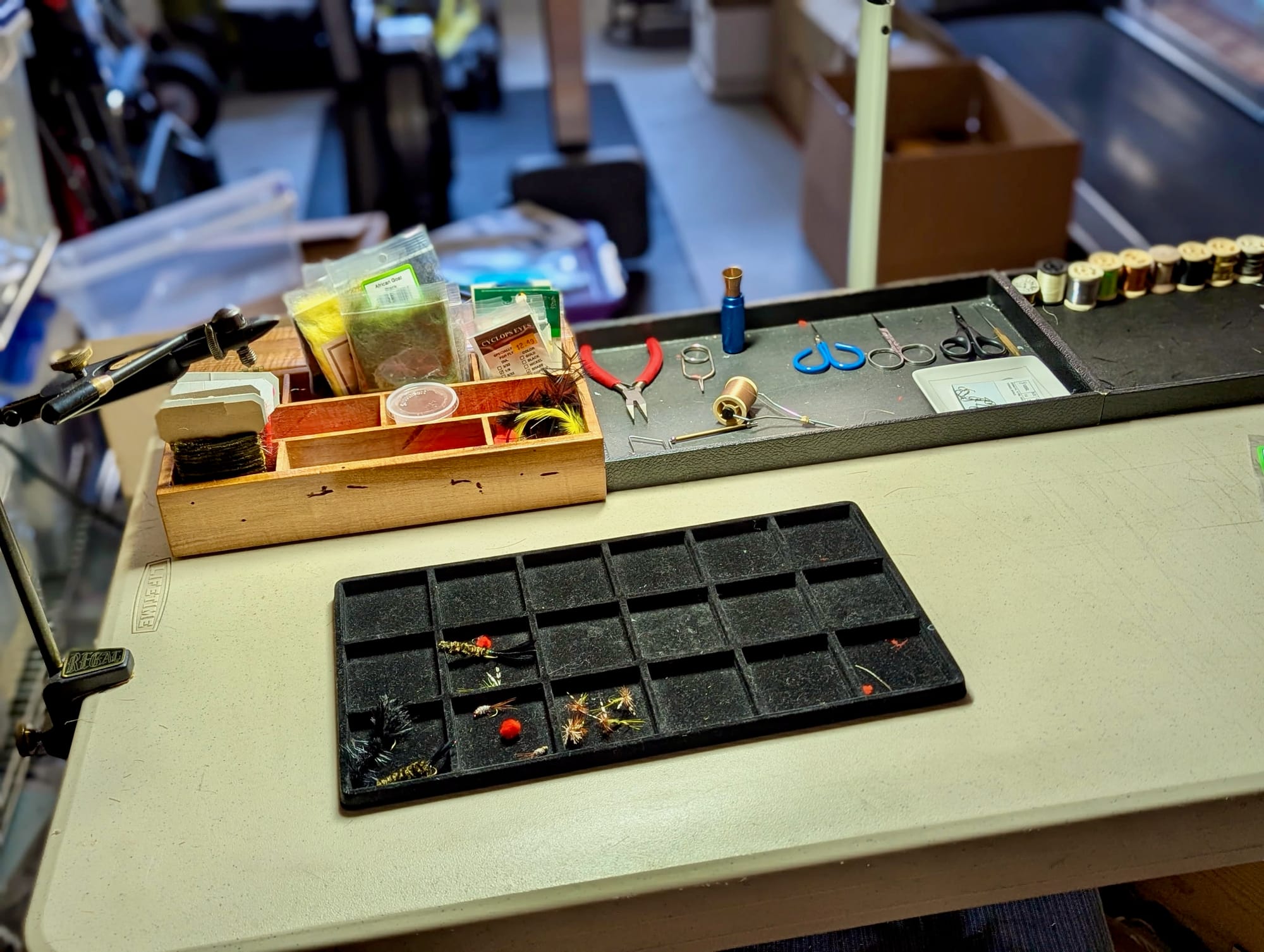
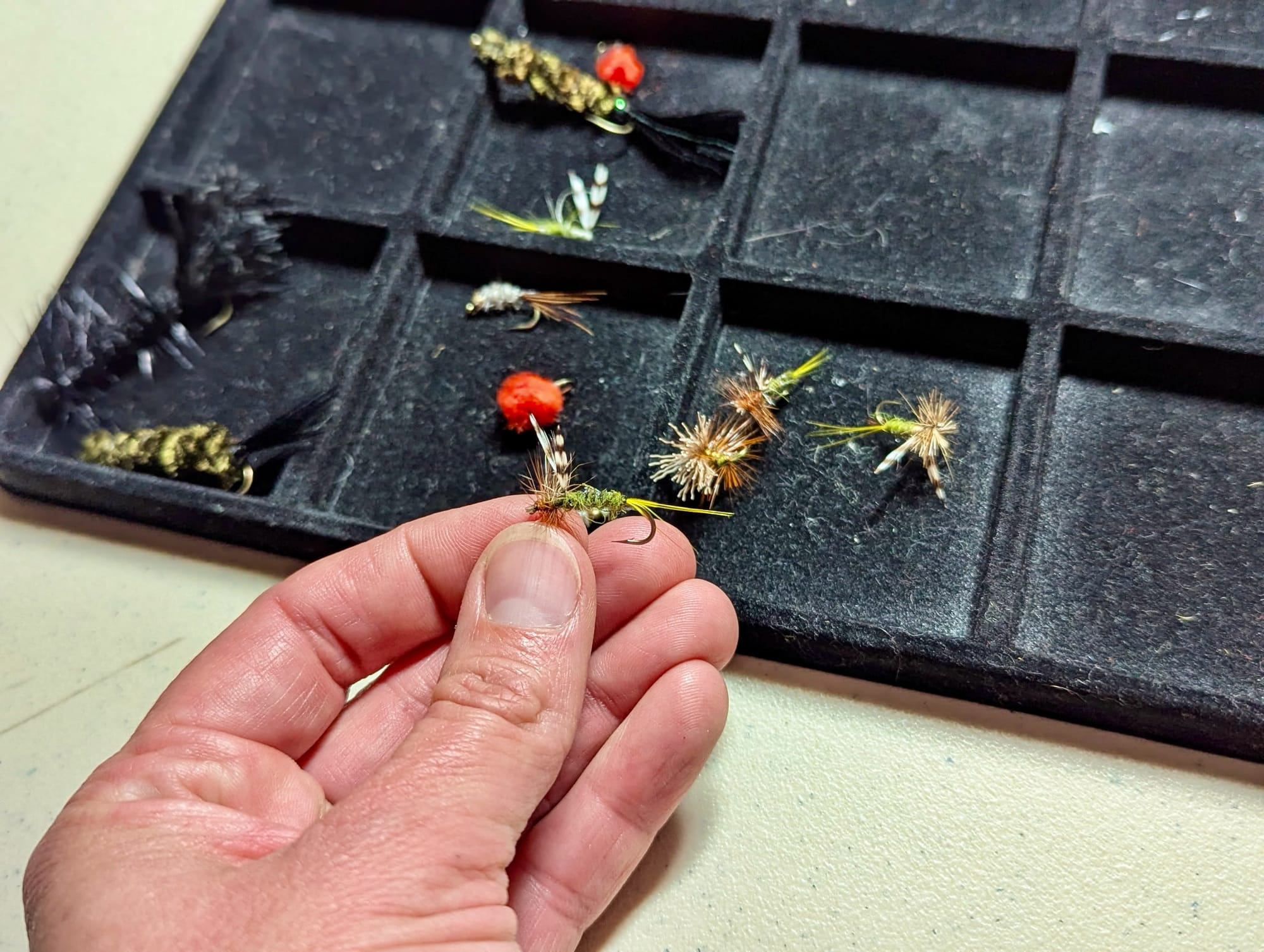
Catching fish, then catching the fly-tying bug | 📷 via Celeste
(Stay tuned for an announcement on the fly-tying class that we'll be offering through PCC this Fall Term!)
Current Flow State is a weekly newsletter from me, Nick Parish.
If you enjoyed this, please share it with a friend. We all need more fishing buddies. 💌
Read our editorial policy or browse the newsletter archives.
CFS Explorer members support and sustain the site, and our community. Learn more about membership benefits. If you're getting value from this work, consider becoming an Explorer member and giving back.
